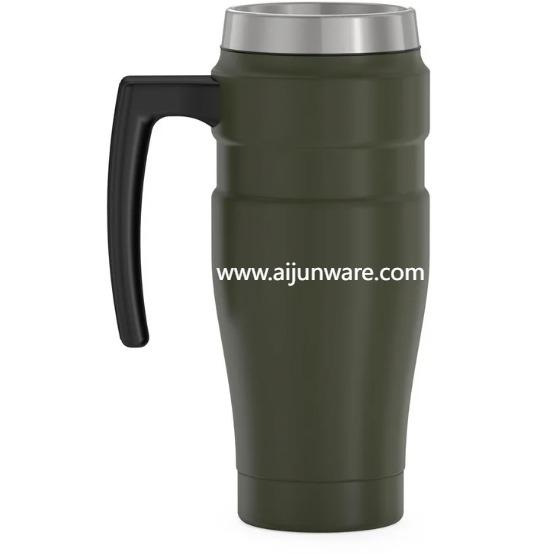Capping-machine’s Flexibility in Handling Various Plastic Materials
The development of the Rotary Cap Compression Moulding Machine by Taizhou Chuangzhen Machinery represents a significant advancement in plastic cap production. One of the key factors that drive the success of this technology is its ability to work with a diverse range of materials, allowing manufacturers to adapt to different production needs and sustainability goals. The specific material properties involved in the molding process—such as flowability, thermal stability, and recyclability—are critical to determining the performance and efficiency of the molding machine.
In rotary cap compression molding, materials are pre-measured and then compressed into a mold. The material properties play a crucial role in ensuring that the final cap product meets the required standards for durability, strength, and appearance. The flowability of the plastic material is particularly important in the molding process. The material must flow easily into the mold under compression without forming air pockets or defects. Materials like polypropylene (PP), polyethylene (PE), and polystyrene (PS) are commonly used in cap molding due to their excellent flow characteristics. These materials can be precisely controlled during the molding cycle to ensure that they fill the mold evenly and produce a high-quality finished cap.
The thermal stability of the material is another essential property in rotary cap compression molding. Unlike traditional injection molding, which requires high temperatures to melt the plastic, compression molding operates at lower temperatures, which makes the material’s thermal stability critical. Materials with high thermal stability, such as certain grades of polypropylene and polyethylene, can withstand the heat generated during the molding process without degrading. This ensures that the final product retains its strength and durability, while also preventing defects such as warping or surface imperfections.
The recyclability of the material is becoming increasingly important as industries strive to meet environmental and sustainability goals. The Rotary Cap Compression Moulding Machine is compatible with recycled plastics, offering manufacturers the opportunity to incorporate post-consumer recycled (PCR) materials into their production processes. This feature significantly reduces the need for virgin plastic, contributing to the circular economy. Materials such as recycled polypropylene (rPP) can be processed through the compression molding system without compromising the quality of the final product. By enabling the use of sustainable materials, the rotary compression molding process helps manufacturers meet consumer demand for environmentally friendly packaging solutions.
The compatibility of materials with the equipment is a major factor in optimizing production efficiency and quality. With Rotary Cap Compression Moulding Machines, manufacturers can experiment with different formulations and adjust the process parameters to suit specific materials. This flexibility allows for the production of caps with varying wall thicknesses, surface finishes, and color combinations. Furthermore, the rotary design of the machine ensures that the material is evenly distributed, minimizing waste and maximizing the use of the available raw material. This ability to handle a wide range of materials makes the rotary cap compression molding process ideal for producing custom caps for various industries, from food and beverage to pharmaceuticals and cosmetics.
In addition to these material properties, the molding machine itself plays a vital role in ensuring the proper handling of the material throughout the production process. The Rotary Cap Compression Moulding Machine from Taizhou Chuangzhen Machinery incorporates advanced features such as precise temperature and pressure control, which helps optimize the material’s flow and ensures consistent product quality. The machine's intelligent control systems allow manufacturers to fine-tune the molding process to achieve the best results with each material, leading to higher productivity and lower operational costs.
In conclusion, understanding the role of material properties in the Rotary Cap Compression Moulding Machine is essential for optimizing the production process. By selecting the right materials—whether recycled plastics, biodegradable options, or high-performance polymers—manufacturers can take full advantage of the technology’s flexibility, efficiency, and sustainability. With Taizhou Chuangzhen Machinery’s state-of-the-art molding machines, businesses can achieve superior cap production while meeting the demands of both consumers and environmental regulations.For more information on how our machines can help you achieve better results with your materials, visit https://www.capping-machine.net/product/ .





